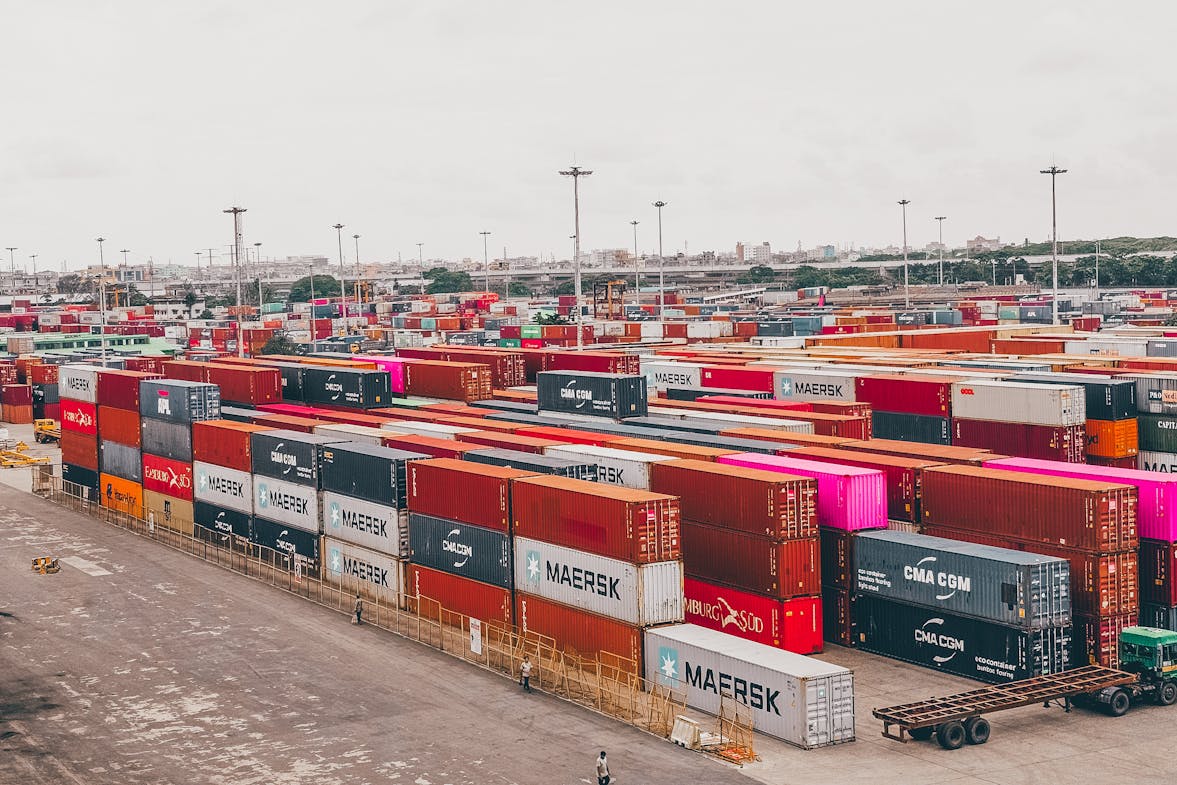Global shipping giant A.P. Moller-Maersk has announced a bold plan to source up to 20% of its marine fuel from alternative sources by 2030, a pivotal step toward its goal of achieving net-zero emissions by 2040.
The company’s sustainability strategy revolves around scaling up the use of green fuels such as bio-methanol, biodiesel, and bio-methane. “We would probably look at 15% to 20% green fuel or renewable fuel in 2030,” stated Emma Mazhari, Maersk’s Vice President and Head of Energy Markets. A crucial factor in reaching this target is improving energy efficiency across its fleet.
Currently, Maersk consumes around 10-11 million metric tons of fuel annually, with only 3% derived from alternative fuels. To meet its 2030 target, the company is focusing on methanol and bio-methane, with increasing production in Europe and North America enhancing the viability of these fuels for use in LNG-powered vessels.
Maersk is also introducing dual-fuel methanol ships, with 18 vessels set to join its fleet by the end of 2024. These ships are designed to run on both traditional fuels and green alternatives, including green methanol, which will play a significant role in meeting the company’s sustainability goals.
However, transitioning to alternative fuels presents significant financial and logistical challenges. Alternative fuels are currently more than twice as expensive as conventional options, posing a substantial hurdle for Maersk. Despite this, the company is taking strategic steps to address supply chain gaps by partnering with China’s LONGi Green Energy Technology for the procurement of bio-methanol, set to begin in 2026.
Scaling up the production and use of green fuels is essential not only for meeting Maersk’s sustainability ambitions but also for driving broader innovation in the shipping industry’s approach to reducing carbon emissions. As the company pushes forward with these advancements, it will need continued investment, innovation, and collaboration to overcome the challenges of fuel cost and availability, ensuring that its transition to greener shipping practices can be achieved.



